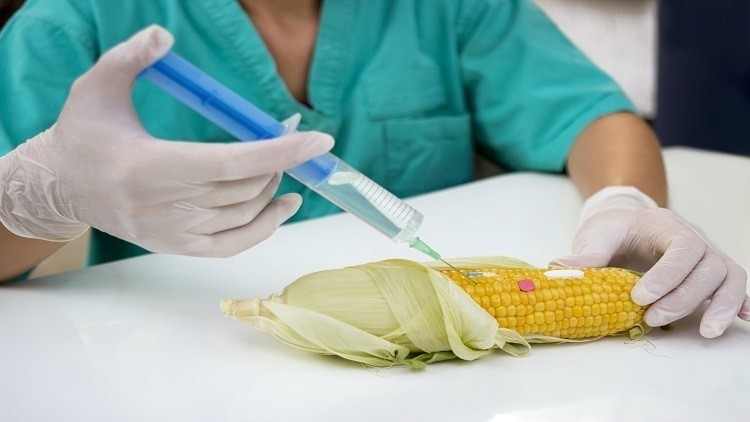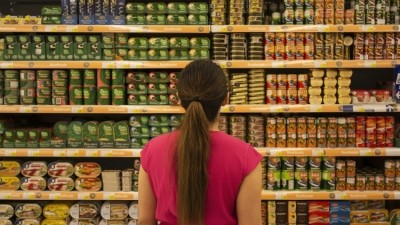UAE to introduce federal law to govern biosafety of GM foods development and production process

The law, which has been approved by the cabinet, is designed to safeguard the public from health risk linked to GMOs.
For example, the law aims to protect the environment during the development, manufacture, production, transfer or circulation of genetically modified organisms or their products, which include agricultural crops and food.
The move is part of the UAE’s National Strategy for Wellbeing 2031.
As for product description, the UAE adopts a positive labelling system, where GM foods need to be labelled as such.
To step up governance of GM foods, the Dubai Central Laboratory last year developed a new testing method to screen GM foods to ensure that the actual contents conform to the product description.
The test involves the use of real-time polymerase chain reaction. It also screens imported food to find out if they are genetically modified.
Earlier on in 2014, the government had also developed eight standards to ensure safety of GM foods.
Safety of GM foods had to be assessed with regard to direct health effects, tendencies to provoke allergic reactions, specific components thought to contain nutritional or toxicity, and the nutritional effects associated with genetic modifications.
Governance elsewhere
Elsewhere in India, GM food governance had come under the spotlight in recent months.
According to a report published by the country’s Centre for Science and Environment’s pollution monitoring laboratory in August last year, retail stores across India were found to be selling GM foods without official approval or made false claims of being a GM-free product.
These products include canola oil, tofu, corn, and infant food, most of which, numbered at 80%, were imported from overseas.
The Food Safety and Standards Authority of India (FSSAI) had since initiated the framing of GM foods regulations.
The regulations would, for instance, lay down the procedures for safety assessment and approval of foods, including imported foods and foods derived from genetic modification processes, based on internationally well-established principles.
These new regulations would be an addition to the Food Safety and Standards (Labelling and Display) Regulations 2018, where the regulator said for the first time there would be a mandatory labelling for packaged food with 5% or more GM ingredients.










